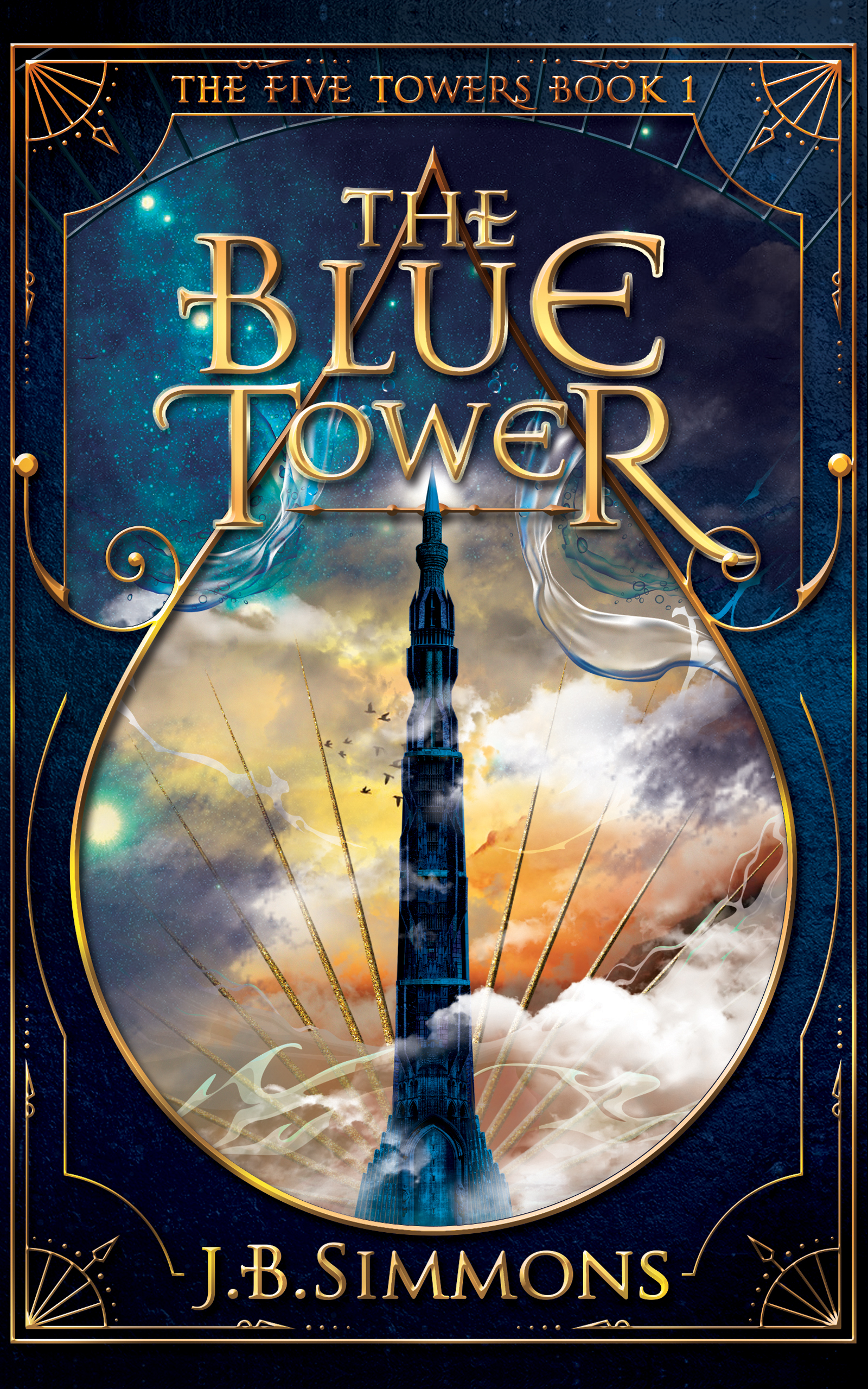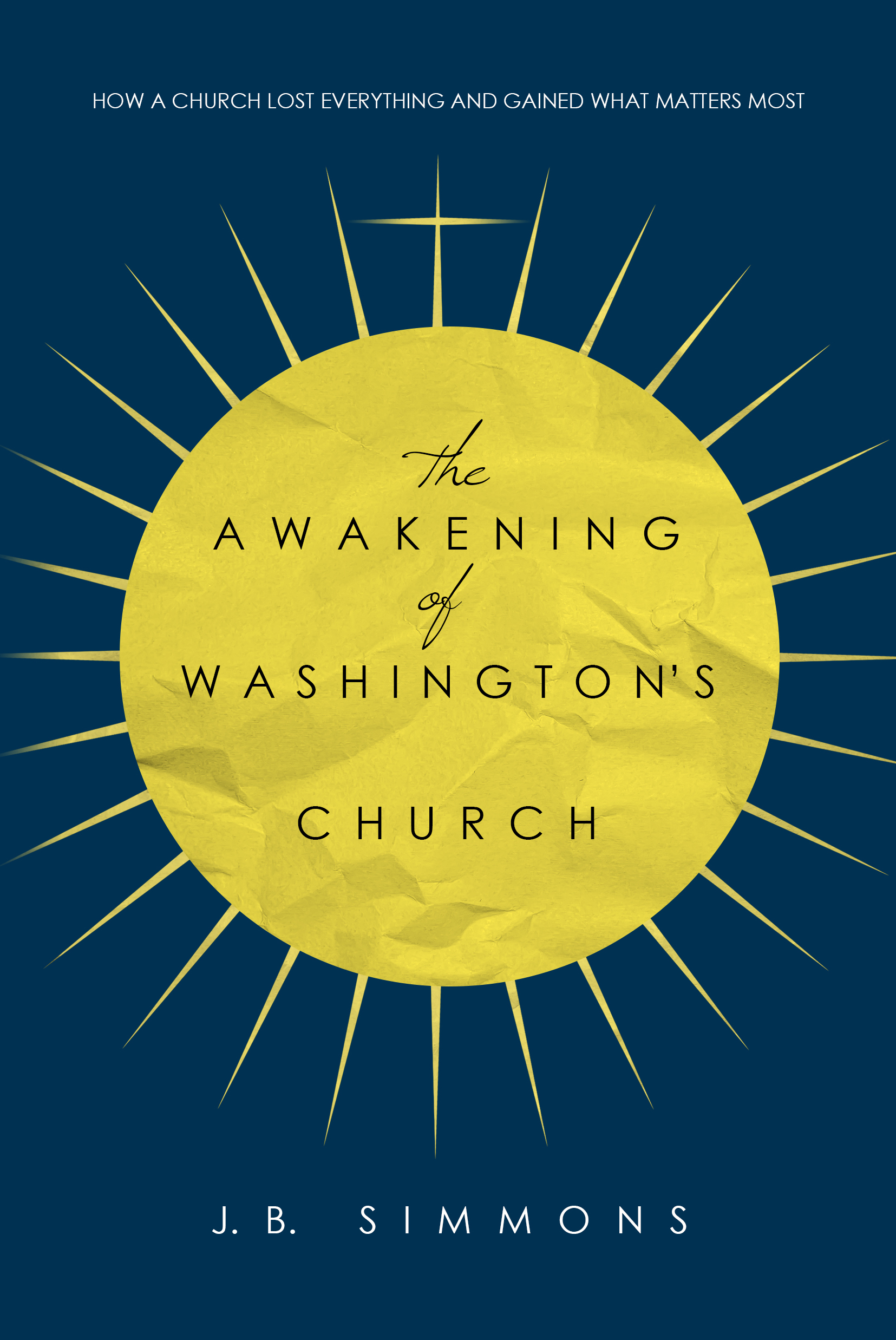12 Writing Tips Hidden In The Garden: Brought To You By Cold Mountain
/It’s planting season where I live. Buds grow, flowers bloom, and vibrant energy courses through the air (this energy, also known as pollen, causes frequent sneezes). If you are gardening or writing like me, you’re in luck. The novel Cold Mountain contains twelve time-tested tips to inspire your craft. The lessons are buried deep in this Civil War saga and National Book Award winner, so I’ve dug them up and scrubbed them clean.
Behold, here are a dozen secrets to a banner crop and brilliant writing.
Note: After each of the twelve tips below, there is a quotation from Cold Mountain about Ada and Ruby’s rugged country life. These characters need no introduction, because Charles Frazier’s masterful prose shows you all you need to know, but if you want a visual, check out this clip from the movie (yet another example of why books can be so much better than movies).
1. Do not underestimate the magic of seeds. Where do creative ideas come from? Some credit the Muse or the Divine. Whatever you call it, seeds come from a past season—from everything that you’ve seen, heard, touched, thought, and dreamed. These past circumstances convalesce into sparks that make plants and stories grow. But not all seeds contain the magic of life. Plant lots of them and you may be surprised which ones take root.
“When they began planting, Ruby held out a handful of tiny black seeds. Looks like not much, she said. It takes faith to jump from this to a root cellar filled with turnips some many weeks hence.”
2. Plants seeds in fertile soil (better yet: with manure). Different seeds require different dirt, but they all like manure. Creative manure is all around us, resulting from the stories that have been told and retold throughout human history—from young romance to the tragedy and heroism of battle. So whatever soil your creative idea will grow best in—novel, screenplay, or artistic dance—be sure to fertilize with the leftovers of history’s great stories and crops. There is nothing new under the sun.
“Birds eat berries, and the seeds come through whole and unmarred, ready to grow where dropped, already dressed with manure. It was Ruby’s opinion that if a person puzzled all this out over time, she might also find a lesson somewhere in it, for much of creation worked by such method and to such ends.”
3. Trust grandmother knowledge. This year my garden plot neighbors the plot of a lovely older lady named Maya. I’ve searched the internet about gardening, read plenty of articles. But this information is nothing compared to Maya’s hard-earned wisdom. She knows the land, knows when to plant, when to reap. Talk to older writers. Listen to their stories. Heed the advice of those who have gone before. Grandmothers know more than Google.
“Ruby said she had learned what little she knew in the usual way. A lot of it was grandmother knowledge, got from wandering around the settlement talking to any old woman who would talk back, watching them work and asking questions.”
4. Use tiring verbs. In Cold Mountain, Ruby is an able farmhand, a character of verbs. She teaches Ada, a character of ideas, how to work. It’s this action that makes a garden grow, and characters spring to life. Story is conflict, and conflict requires challenges to overcome—through verbs.
“To Ada, Ruby’s monologues seemed composed mainly of verbs, all of them tiring. Plow, plant, hoe, cut, can, feed, kill…Simply living had never struck Ada as such a tiresome business…all the actual facts and processes connected with food and clothing and shelter were unpleasantly concrete, falling immediately and directly to hand, and every one of them calling for exertion.”
5. Get your hands dirty. Gardening and writing are both tiresome business. Anyone who thinks writing is glamorous has not been doing it seriously for very long. Every famous writer has some flowery way of saying it. One of my favorites comes from Hemingway: “There is nothing to writing. All you do is sit down at a typewriter and bleed.” Blood is to typewriter as sweat is to dirt.
“The rudeness of eating, of living, that’s where Ruby seemed to aim Ada every day that first month. She held Ada’s nose to the dirt to see its purpose. She made Ada work when she did not want to, made her dress in rough clothes and grub in the dirt until her nails seemed to her crude as the claws of a beast…”
6. Start before dawn and have a strict routine. My best writing gets done before dawn. Farmers are renowned for the work they put in before the sun rises, and many successful authors swear by these quiet morning hours. That’s because everyone wants to be as awesome as Ruby:
“Ruby proved herself a marvel of energy, and she soon imposed a routine on Ada’s day. Before dawn Ruby would have walked down from the cabin, fed the horse, milked the cow, and be banging pots and pans in the kitchen, a hot fire going in the stove, yellow corn grits bubbling in a pot, eggs and bacon spitting grease in a black pan. Ada was not accustomed to rising in the grey of morning—in fact, through summer she had rarely risen before ten—but suddenly there was little choice. If Ada lay abed, Ruby would come roust her out. Ruby figured setting things to working was her job, not waiting on somebody and doing their bidding.”
7. Come up with many ideas, but prioritize. In business circles, this might be called ideation. In gardening, it’s called a plan. In writing, it’s called an outline. Execution is all about doing the best and most urgent things first.
“The two women spent their first days together making an inventory of the place, listing the things that needed doing and their order of urgency. They walked together about the farm, Ruby looking around a lot, evaluating, talking constantly. The most urgent matter, she said, was to get a late-season garden into the ground.”
8. Money makes things easier. It’s a fact of life. Are you stuck with your story? Try paying an editor to give you ideas. Do you want to reach more readers? Spend more on marketing. There are gardeners for hire, too. But if you’re tight on funds, the good news is that hard work can do almost anything money can do, and more.
“All Ada could think was that every step in the process that Ruby had so casually sketched out would be many days of hard work to come up with a few yards of material coarse as sacking. Money made things so much easier.”
9. Every word should serve a purpose. No space should be wasted in the garden or on the page. As Strunk & White say: Omit needless words.
“So much to do, for apparently Ruby planned to require every yard of land do its duty… Ruby’s recommendations extended in all directions, and she never seemed to stop.”
10. Write it all down in a notebook. One company’s branding gets me every time: Moleskine. A sample slogan: “Just like the little black dress, a classic Moleskine notebook will never go out of style.” It doesn’t matter what brand of paper or device you use, as long as you do not let good ideas drift away. Capture them like butterflies in a jar.
“Ada followed along, writing all down in a notebook that heretofore had received only her bits of poetry, her sentiments on life and the large issues of the day. Now she wrote entries such as these: …Cabbage seed, do we have any?”
11. Carry a book with you. Here’s my one quibble with Ruby: she should have been glad to let Ada keep a book in her pocket. You never know when you might have a moment to read. As Stephen King says, “Books are the perfect entertainment: no commercials, no batteries, hours of enjoyment for each dollar spent. What I wonder is why everybody doesn’t carry a book around for those inevitable dead spots in life.” Be like King and Ada:
“Ruby counted her first victory when Ada succeeded in churning cream to butter. Her second victory was when she noted that Ada no longer always put a book in her pocket when she went out to hoe the fields.”
12. Find someone who will not let you fail. If you haven’t picked up on it yet, the story of Ruby and Ada is one of friendship, of working together. Much of the work of writing and gardening can and must be done alone, but it will always go better if someone else gives you dedicated, unflinching support. Find your Ruby, and then return the favor: don’t let the Ada in your life fail.
“The force that Ruby used to drive Ada on was this: somewhere Ada knew that anyone else she might hire would grow weary and walk away and let her fail. Ruby would not let her fail.”











